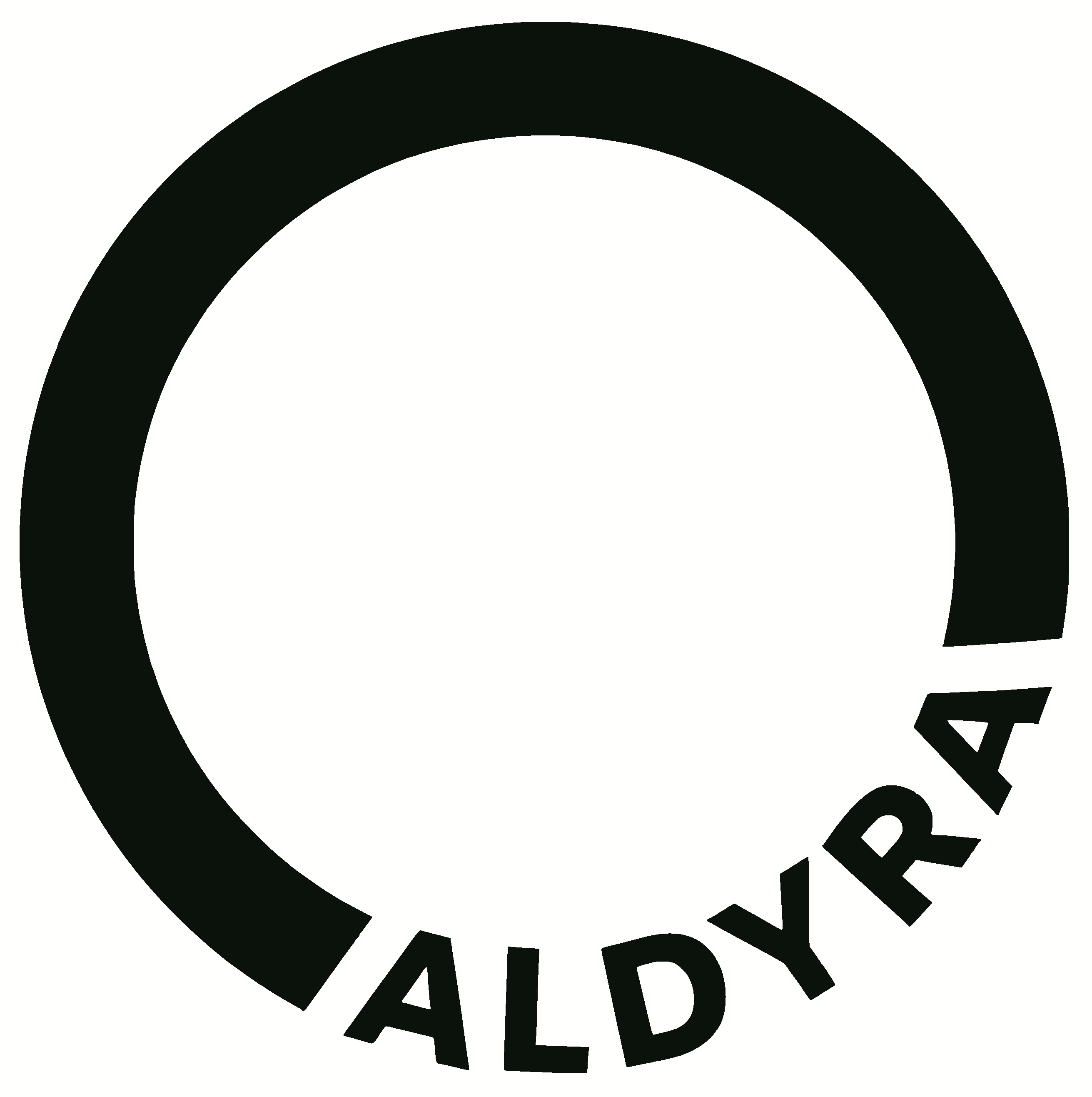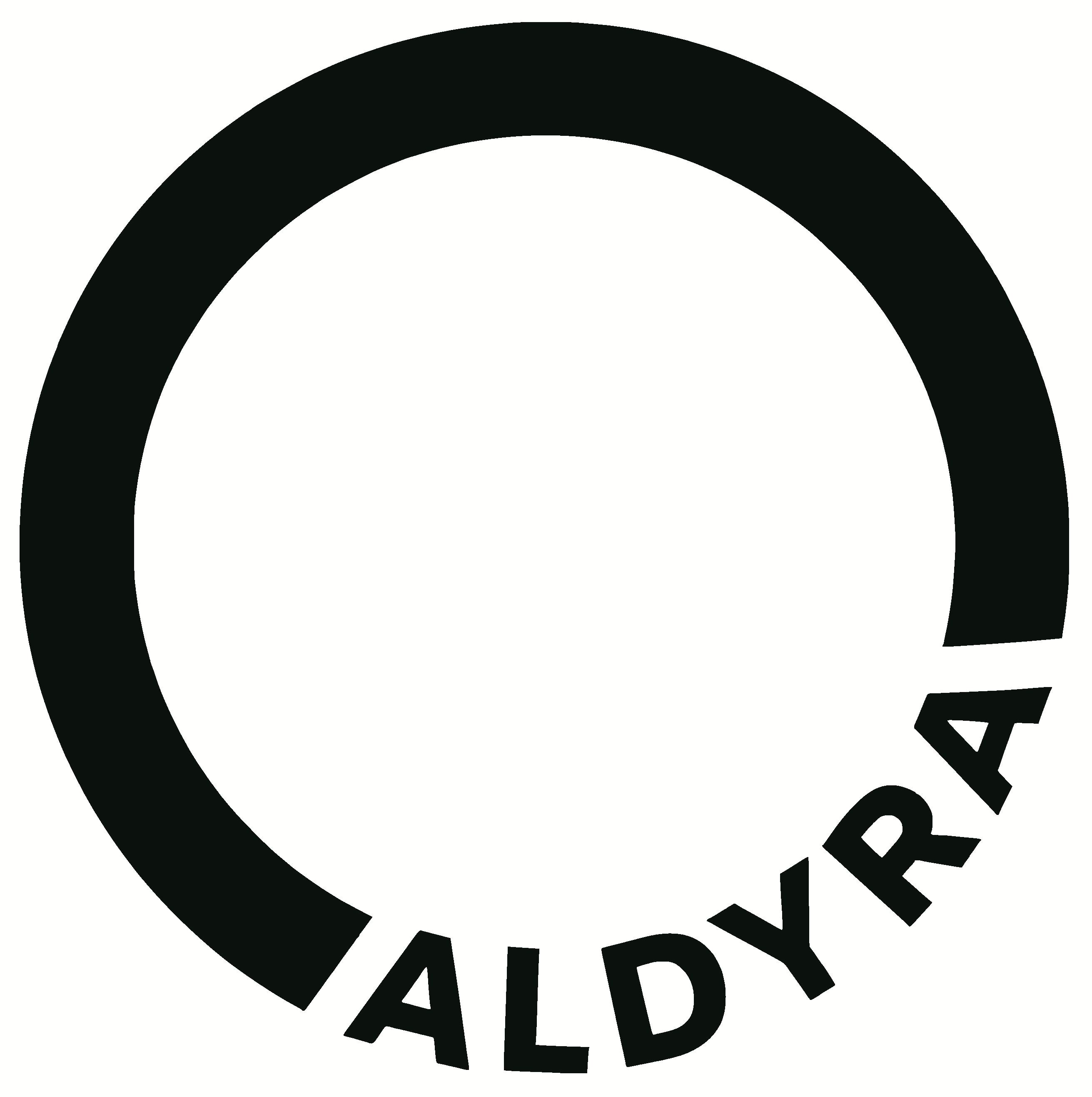Gas and Electric Boiler Units Catering to Diverse Residential Needs
As Per Market Research Future, gas and electric boiler units play a crucial role in the Residential Boiler Market, catering to diverse heating needs in homes. These units are favored for their reliability and efficiency, making them essential for both residential and commercial applications. The growing demand for energy-efficient solutions is driving innovation in this segment, with manufacturers focusing on developing advanced technologies that enhance performance and reduce environmental impact. As consumers increasingly prioritize comfort and sustainability, the market for gas and electric boiler units is expected to flourish.
The residential boiler market has grown substantially as households worldwide increasingly prioritize energy efficiency, comfort, and reliable heating solutions. Residential boilers provide centralized heating and hot water, serving as the backbone of modern home heating systems. They can operate on natural gas, oil, electricity, or alternative fuels, providing versatile solutions for a variety of home environments. As the demand for energy-efficient and eco-friendly home appliances rises, the residential boiler market continues to evolve with innovative designs and technologies.
Market Drivers
Several factors are driving the residential boiler market. Rising awareness about energy conservation and the need to reduce household utility bills have pushed homeowners toward high-efficiency boilers. Urbanization, housing developments, and renovation projects are fueling demand for modern heating solutions. Governments in many regions also promote energy-efficient appliances through incentives and regulations, which accelerates market adoption.
Technological innovation has played a crucial role in expanding the market. Modern boilers feature advanced controls, smart thermostats, and condensing technologies that maximize efficiency and minimize emissions. Additionally, environmental concerns are influencing manufacturers to develop low-carbon solutions that align with global sustainability goals.
Applications in Homes
Residential boilers are primarily used for space heating and providing hot water in homes. They are suitable for single-family houses, multi-family apartments, and high-rise buildings. In colder climates, boilers provide consistent and reliable heating, ensuring comfort during winter months. In addition to heating, some boilers are integrated with domestic hot water systems, offering dual functionality that improves energy efficiency and reduces installation costs.
The growing popularity of smart homes is further expanding the application of residential boilers. Wi-Fi-enabled boilers allow homeowners to monitor and control heating remotely, optimize energy usage, and reduce wastage. Such advancements enhance user convenience and contribute to the increasing adoption of modern residential boilers.
Regional Insights
The residential boiler market exhibits regional variations influenced by climate, energy availability, and regulations. Europe, with its colder climate and stringent energy efficiency standards, leads in the adoption of high-efficiency condensing boilers. North America has seen steady growth driven by home construction and remodeling activities. Asia-Pacific represents a rapidly growing market, driven by urbanization, rising disposable incomes, and increasing awareness of modern heating systems. Latin America and the Middle East & Africa are emerging markets with significant potential as urban housing projects expand.
Technological Advancements
Technological innovation is shaping the future of residential boilers. Condensing boilers, which recover heat from exhaust gases, offer higher efficiency compared to traditional systems. Modulating boilers adjust output based on real-time demand, improving performance and reducing energy consumption. Integration with renewable energy sources, such as solar thermal systems, is also becoming common, supporting sustainability efforts. Moreover, digital controls, app-based monitoring, and smart sensors enhance user experience and operational efficiency.
Challenges and Market Trends
While the market continues to grow, several challenges remain. High initial costs, the need for regular maintenance, and complex installation procedures can deter potential buyers. Competition from alternative heating solutions, such as heat pumps and electric heaters, also poses a challenge. However, the increasing focus on energy efficiency, sustainability, and smart home integration is expected to create new growth opportunities. The market is likely to witness continued innovation and adoption, driven by both consumer demand and regulatory pressures.
Conclusion
The residential boiler market plays a crucial role in modern home heating solutions. With advancements in technology, rising energy efficiency standards, and growing consumer awareness, the market is poised for sustained growth. Manufacturers that prioritize innovation, sustainability, and user convenience will likely capture a significant share of this evolving market.
FAQs
Q1: What fuels do residential boilers use?
Residential boilers can operate on natural gas, oil, electricity, or alternative renewable sources.
Q2: Which regions have the highest adoption of residential boilers?
Europe leads in adoption, followed by North America and Asia-Pacific.
Q3: Are modern boilers energy-efficient?
Yes, condensing and modulating boilers are designed to maximize efficiency and minimize emissions.
More Related Reports:
Audible Visual Signaling Device Market
Mini Split Air Conditioning System Market
Non-Thermal Pasteurization Market
- Art
- Causes
- Crafts
- Dance
- Drinks
- Film
- Fitness
- Food
- Jogos
- Gardening
- Health
- Início
- Literature
- Music
- Networking
- Outro
- Party
- Religion
- Shopping
- Sports
- Theater
- Wellness


